At Veritas Academy we are ready to make the final decisions on what curricula we are going to use for each subject next academic year. I've spent many hours researching the best of the best and Mrs. Bresee and I discussed a lot about what would work and what wouldn't for the school. The good thing is that we agree on most of the issues of education which makes it easy to make decisions. Miss Donovan (the older children's teacher) and I also communicate very well and she is doing a wonderful job teaching the children and making recommendations.
I will write here about some of my conclusions, maybe this could be useful to other parents, especially homeschoolers. However, I do know that there is no perfect curriculum that works for everyone; what works for our school might not work for others or for most homeschooling families. There are so many resources out there that when it comes to choosing, the sky is the limit. What I will write here is what I personally like and/or what we have agreed on trying to use at Veritas.
I've started my curriculum research with Math because this, I think, is one of the most important subjects and also the subject that is most often taught poorly in this country. Not only are the manuals and methods used in most public schools full of "fluff" but the standards are also low. Washington State has some of the worst results in math. Here is a great site that discusses this problem: Where's the Math.
In the past few years, parents and teachers who are concerned about math education in our country have started to look more carefully at the curricula and standards used in those countries who have the best results, mainly Asian countries. One of these countries is Singapore, and because the language used in schools there is English, it makes it easy for us to look at their textbooks and compare them with ours and to even use them ourselves. The Singapore math books used in their schools have been used for a few years already in the US, mostly by homeschoolers. After researching many math curricula myself, I came to the conclusion that this one is the strongest, easiest to use and the one that has the highest percentage of pure math topics and the least amount of "fuzzy math".
The weak points of Singapore are: 1. the fact that it doesn't provide enough drill and practice, 2. the fact that it's not perfectly aligned with American standardized test requirements. These problems could be fixed by using extra worksheets from another math program and by supplementing with a test practice book for the respective grade level, such as the ones from the Spectrum series which are perfectly aligned with national standards. The company that publishes the Singapore books, now offers a wide variety of supplemental books for extra practice and challenging word problems.
Our school has been using Saxon Math this year for grades 1-4. This program is recommended by many homeschoolers because it takes a spiral approach to teaching math, once a topic has been introduced, the student keeps practicing it every day and can not forget it. It is also aligned with the national standards. Here is what I don't like about Saxon:
1. I think that once a topic has been mastered there is no need to waste time every day practicing it again. The most important mathematical concepts (for the elementary grades those would be the operations of addition, substraction, multiplication an division) are supposed to get progressively more complex so that one skill builds upon another. Other less mathematical concepts such as: reading the time, reading a thermometer, doing simple graphs, tally marks etc don't need to be practiced over and over again. And this brings me to the second issue:
2. For goodness sake why does a 3rd grader need to learn how to write a check...in his math class. Also why should children waste time in their math class learning things that they should learn in their geography class or in their science class.
3.The cluttered content of the workbooks makes me want to close them as soon as possible. There's a little bit of everything on each page. I'm sure many students have the same feeling when they work in the book. In comparison,Singapore is so well organized that it's a pleasure to work in the book.
4. It does not do a good job teaching mental math. The students might be well prepared for standardized tests but they won't be prepared for higher math and will probably end up needing remedial math in college.
Many math professors and engineers agree that Saxon does not prepare students for higher math ( see Paula's Archive).
Here is my conclusion on Saxon vs. Singapore:
If your goal is to prepare your child for national standardized tests and to teach him the skills necessary for the day to day life and you are pretty sure that your child will not need to study higher math in college, then Saxon or another similar program should work well.
If, however, you want to prepare your child to understand math well, to have the skills to tackle new types of problems and if you think there is a good possibility your child will go on to study Engineering, Science (Physics, Chemistry or Biology), Medicine, Computer Sciences or anything requiring a solid grasp of mathematical concepts, then give Singapore a try.
Subscribe to:
Post Comments (Atom)

































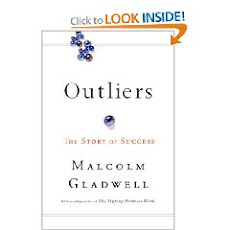













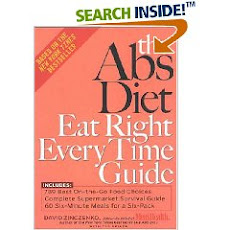
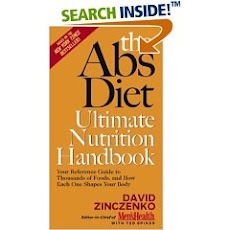
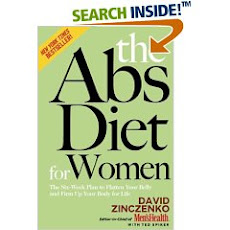


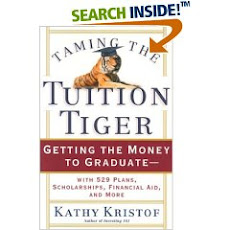

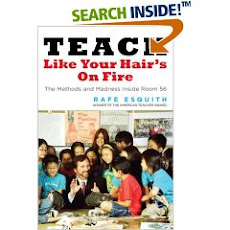


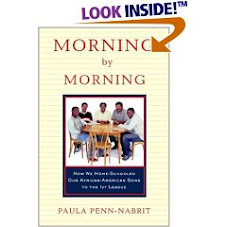
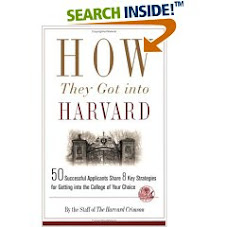
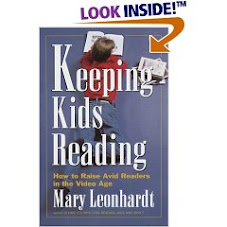
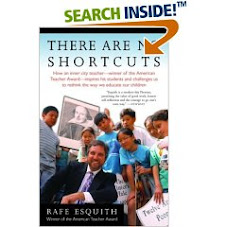


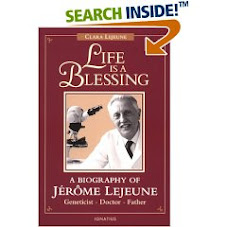
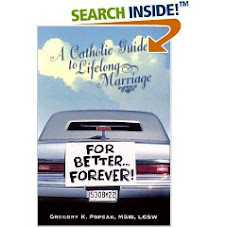


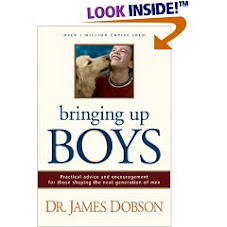
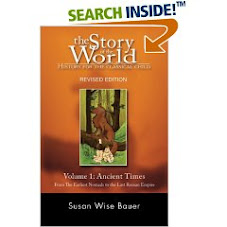
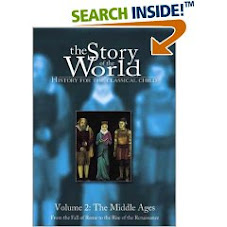


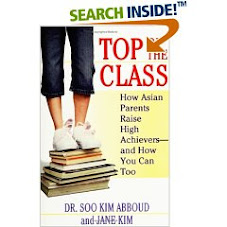
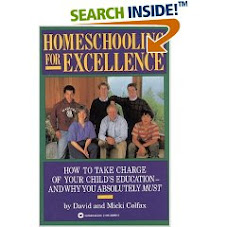
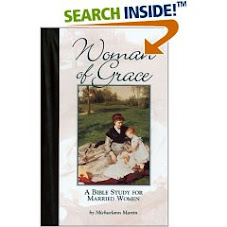
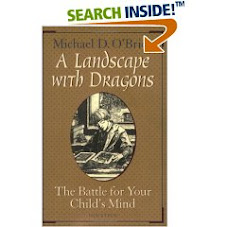
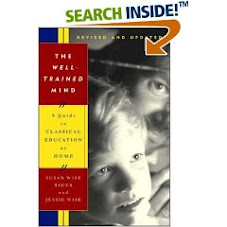
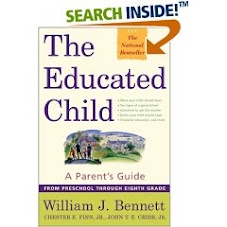

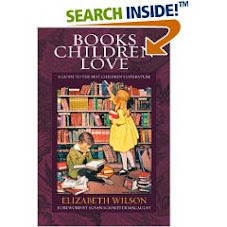
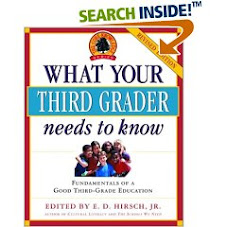
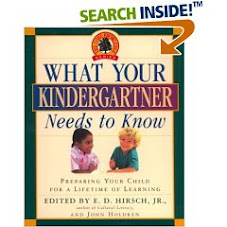
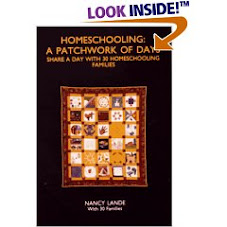
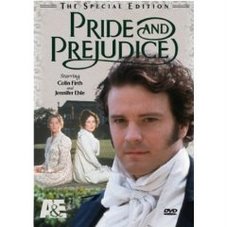
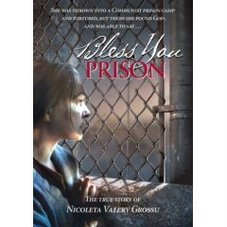
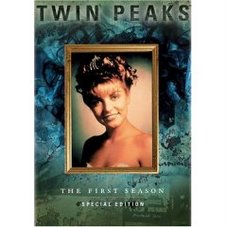

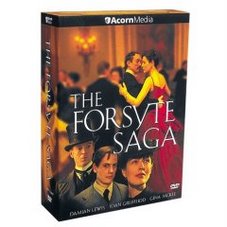
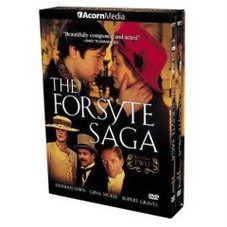


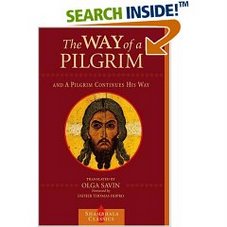



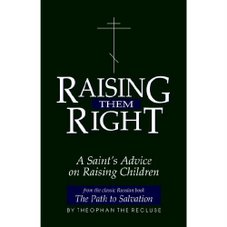

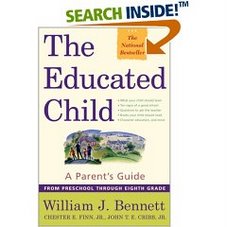










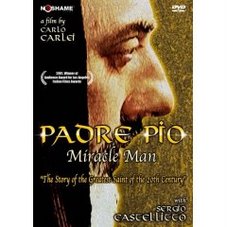
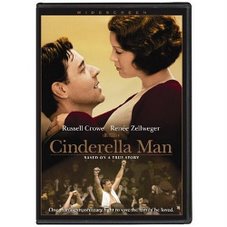

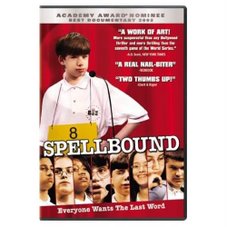
1 comment:
Chiar daca metoda de a preda matematici nu este perfecta in America trebuie sa recunoastem ca felul in care elevii/studentii invata sa scrie un eseu este mult superior celui din Romania.
Dovada este si acest text al tau, clar, logic si foarte convingator.
T.
Post a Comment